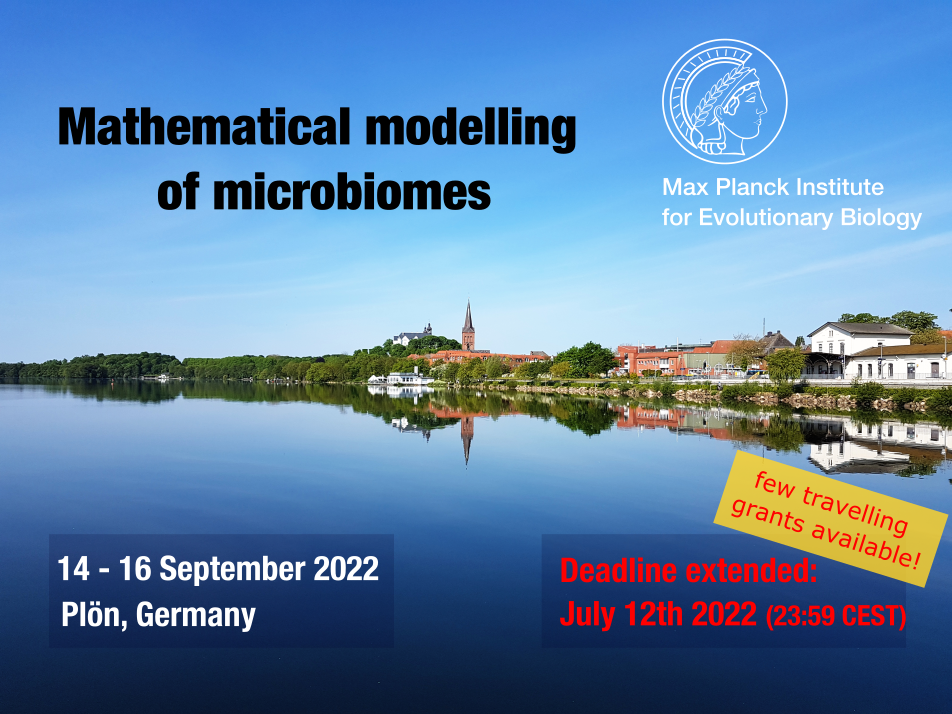Speaker
Description
(1) Institute of Biology, Leiden University (2) Mathematical Institute, Leiden University (3) FrieslandCampina, Amersfoort Nearly immediately after birth, a complex and dynamic ecosystem forms in the human infant gut. The characteristics of this system influence the infant's health in both the short and long term. Oligosaccharides in nutrition and in the mucus that lines the gut wall strongly affect the composition of the gut microbiota by preferentially nurturing some species at the expense of others, thus changing the outcome of competition and changing the metabolites produced by the microbiome. Using a multiscale, mathematical model, we investigate how oligosaccharides in nutrition and in the mucus can steer the microbiota. Our multi-scale spatiotemporal model describes the dynamics of the infant colon from birth to three weeks of age to reproduce the effects of variation in nutrition and intestinal mucus on the composition and metabolic activity of the microbiota. We use flux balance analysis with an enzymatic constraint on metabolism that allows us to capture metabolic switches and represent species-specific nutrient preferences. We apply this to 15 genome-scale metabolic models selected from the AGORA resource, a set of 773 semi-automatically reconstructed GEMs covering the human gut microbiota. Using these techniques we have built a spatially-extended ecosystem covering spatial and temporal variation. In this system, we calculate and integrate bacterial fluxes for different locations and time points at a high resolution. The model predicts that anaerobic Bifidobacterium species become dominant through metabolising lactose with a lower yield, but a higher growth rate. The model also predicts that differences in oxygen availability may explain some of the observed individual variation in succession speed to anaerobic species. In addition, the model predictions suggest that the prebiotic 2’-fucosyllactose in particular could improve butyrate production through stimulating the production of the crossfeeding substrate propane-1,2-diol by Bifidobacterium. Finally, preliminary results show how the type and quantity of intestinal mucin could determine what bacterial species become dominant in the microbiota. This research was financially supported by FrieslandCampina.

